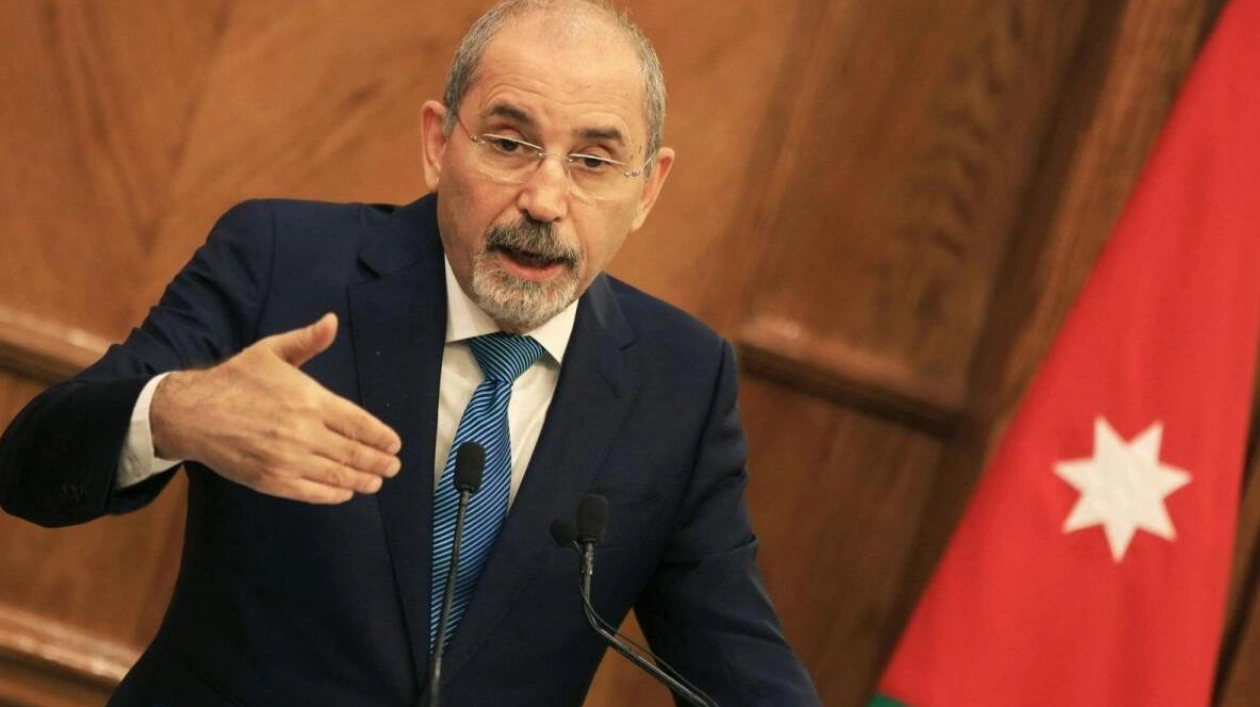Jordan's Foreign Minister Ayman Safadi met with Iranian officials on Sunday amid rising concerns about a potential conflict between Tehran and Israel following the assassination of Hamas leader Ismael Haniyeh. Haniyeh, the political leader of the Palestinian militant group Hamas, was killed in Tehran during the inauguration of Iran's President Masoud Pezeshkian. Both Iran and Hamas, which receives Tehran's support, have promised to respond to the attack and have accused Israel of orchestrating the strike, though Israel has not commented on the allegations.
Safadi, upon arriving in Tehran for an uncommon visit, engaged in discussions with Iran's acting Foreign Minister Ali Bagheri, as reported by the Isna news agency. Prior to his arrival, the Irna news agency had announced that Safadi would discuss regional and international matters with Iranian officials and would specifically meet with Bagheri. The Jordanian Foreign Ministry stated that Safadi would convey a message from King Abdullah II to the Iranian President regarding regional conditions and bilateral ties.
In a related development, King Abdullah II of Jordan received a call from French President Emmanuel Macron, discussing the precarious situation in the region. The king urged for increased international efforts to achieve comprehensive peace and prevent the escalation of conflict. Since Haniyeh's assassination, Iran has been in dialogue with several Arab nations, including Jordan, Egypt, Oman, and Qatar, among others. Tehran has consistently asserted its right to respond to Israel.
Israeli Prime Minister Benjamin Netanyahu has declared that Israel is highly prepared for any situation, both defensively and offensively. The killing of Haniyeh followed the death of a senior Hezbollah commander, Fuad Shukr, by Israel, whom they accused of a fatal rocket attack on the Golan Heights. Iran's Revolutionary Guards claim that Haniyeh was killed by a short-range projectile fired from outside his residence in northern Tehran. Israeli military spokesperson Daniel Hagari confirmed that there were no other Israeli aerial attacks in the Middle East on the night Shukr was killed in Lebanon.
These recent incidents are part of a series of significant events that have heightened regional tensions during the ongoing Gaza war, which has involved Iran-backed militant groups across Syria, Lebanon, Iraq, and Yemen.






